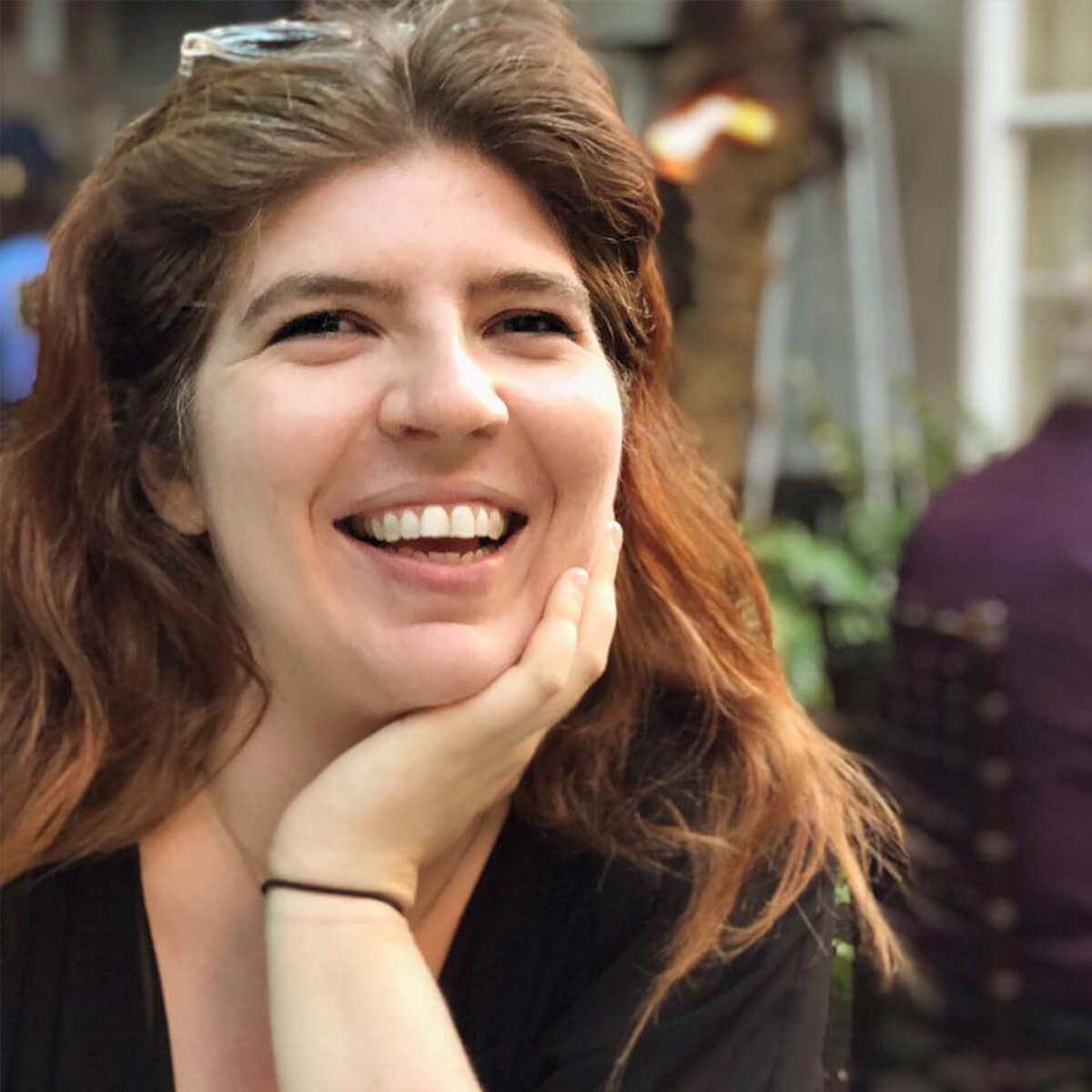
Marianne Bellotti
What’s your background?
I spent roughly ten years of my life trying desperately to not become a software engineer. I was starting college just as the dotcom bubble was bursting so studying computer science meant working for the big banks. That wasn’t the life I wanted at all. Instead I earned a degree in anthropology and spent most of my early twenties traveling around the world trying to break into international development. Of course all through that time I was also programming on the side and it was my technical skills that always got me the best opportunities with the best organizations. After a while it became clear that one could do meaningful work as a technologist too. It wasn’t all building things for large corporations or ‘startup bros’.
What inspired you to join USDS?
The last interview I had with USDS, the interviewer tossed the script he was supposed to use and gave me a guided tour through an architecture he was trying to fix. Before that point I had no intention of actually taking a job at USDS; I was just trying to figure out what was out there and maybe use an offer as leverage to negotiate a contract renewal that was coming up.
After ten years in the international space, the concept of bottom-up development had been burned into my mind. I was very skeptical of civic tech! It seemed like everyone was gravitating to the same top-down strategy: “Let’s build something and just give it to the government.”
As we talked about the interviewer’s challenges it seemed really clear to me that USDS wasn’t doing this. Rather than recommending that they rebuild the system from scratch, they were trying to find ways to improve it while working alongside the career civil service. I left that conversation thinking “Okay… how can I make a move to D.C. work?” It was so obvious that something unique and powerful was happening here.
What has been your biggest challenge?
Helping people fall in love with the actual work. No one can explain to you what it’s like to pull back the curtain on a system that is providing a critical service to millions of Americans and realize that the whole thing is being held together with duct tape and chewing gum. When I started I thought “I’ve been doing this type of work for ten years, certainly I understand what I’m getting myself into”… and I didn’t! No way!
Everyone comes here with unrealistic expectations of what it’s like. Since I do a lot of project and team lead work it’s my job to get team members focused on what’s going to actually make a difference, which may not match the fantasy they had. Often the stuff that has the greatest impact is pretty unglamorous. That’s really hard. The people who are effective here are the ones who can adapt.
How does your work make an impact?
I’ve been involved with so many things I am proud of, but probably the most meaningful contribution is making the civil service stronger. If you’ve never worked in the government before it’s easy to believe the Hollywood version where cabinet secretaries and generals create plans and make decisions. But the reality is those people really paint the broad strokes, what the government actually does is a product of thousands of individual civil servants. When those people are empowered with technology the government serves the American people better.
What do you want to do after USDS?
USDS exposed me to a whole bunch of people who came from more traditional tech backgrounds. As a self-taught person from a non-traditional (and underrepresented) background, it’s a pretty surreal experience to sit in a meeting with engineers from Google and Facebook and think to yourself “Oh… these people are not smarter than me. Cool.” At the same time the challenges at a large organization can’t be duplicated on your own. I think when I’m ready to leave USDS I might want to find an opportunity to go in that direction.
What will you miss most about USDS when you leave?
The people. No question.


